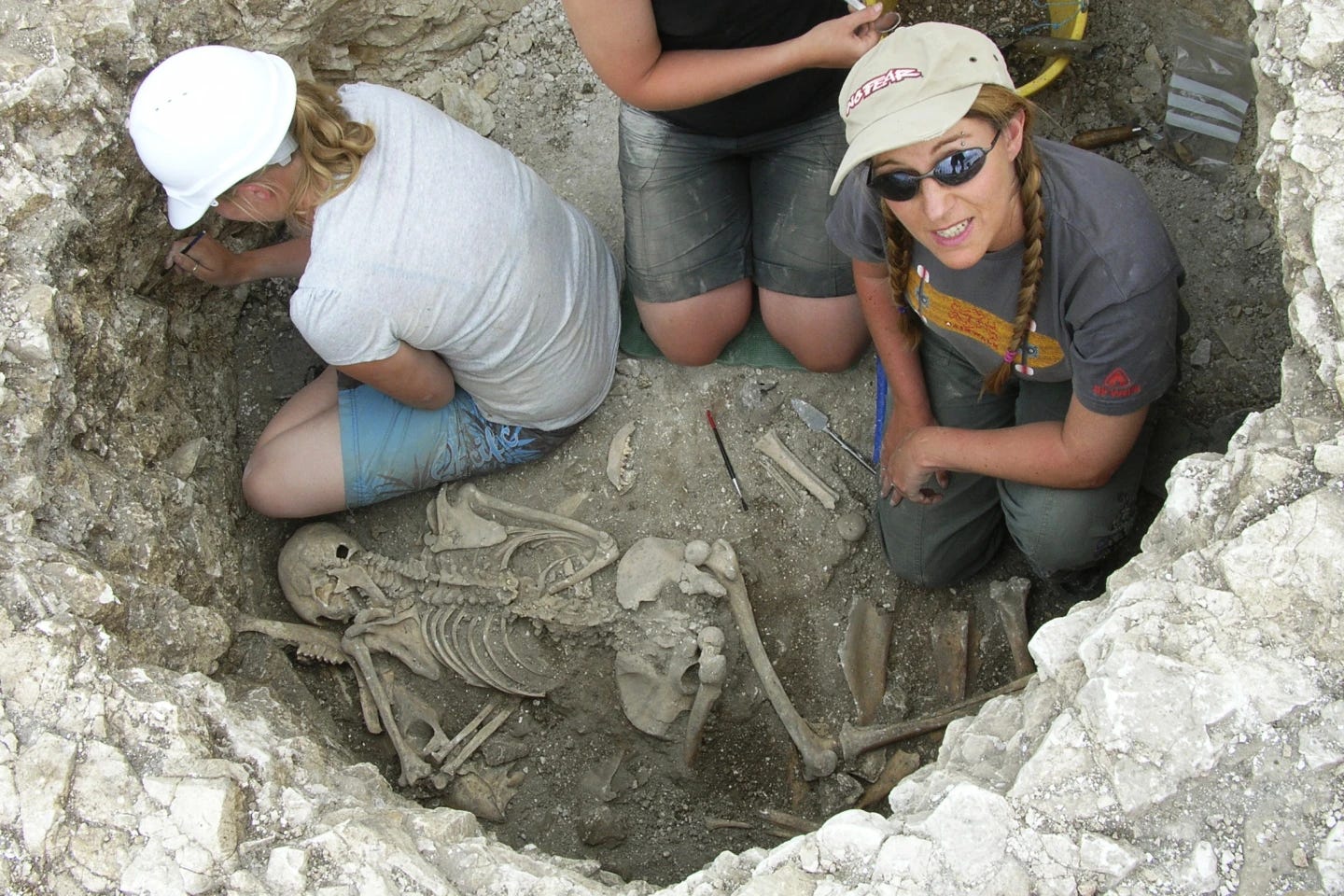Ancient DNA Reveals Women's Central Role in Celtic Social Networks in Britain
A groundbreaking genetic analysis suggests that female family ties played a crucial role in the social networks of Celtic society in Britain before the Roman invasion.
Research on ancient DNA from a late Iron Age cemetery in Dorset, southwest England, indicates that women were closely related within the community, while men typically came from outside, likely through marriage.
Analysis of 57 graves, dating from approximately 100 B.C. to 200 A.D., revealed that two-thirds of individuals descended from a single maternal lineage. "This was a stunning discovery—something never before seen in European prehistory," said Lara Cassidy, a geneticist at Trinity College Dublin and co-author of the study.
Published in the journal Nature, the findings suggest that women remained in their familial circles throughout life, fostering social networks and potentially overseeing land and property. Cassidy noted that "it was the husband who arrived as an outsider, relying on his wife’s family for land and livelihood."
This practice, known as matrilocality, is historically uncommon. Previous archaeological research across Britain and Europe has primarily documented the opposite pattern—women leaving their homes to join their husbands’ families. Guido Gnecchi-Ruscone of the Max Planck Institute in Germany, who was not involved in the study, confirmed that prior studies from the Neolithic to the early Medieval period predominantly showed patrilocality.
Anthropological research on pre-industrial societies from around 1800 to the present found that men joined their wives’ extended family households in only 8% of cases, Cassidy added.
However, archaeologists have long recognized the distinct role of women in Iron Age Britain. Before the Roman conquest in 43 A.D., England was home to various tribes with interconnected languages and artistic styles, often referred to as Celtic. Valuable artifacts have been found buried with Celtic women, and Roman accounts, including those of Julius Caesar, described their relative independence and even martial capabilities with disapproval.
While the findings do not necessarily indicate a matriarchal society with women in formal political power, they do suggest that women had a significant degree of control over land and property. Study co-author Miles Russell, an archaeologist at Bournemouth University, noted that the strength of female kinship ties hints at a more egalitarian Celtic society compared to the Roman world.


